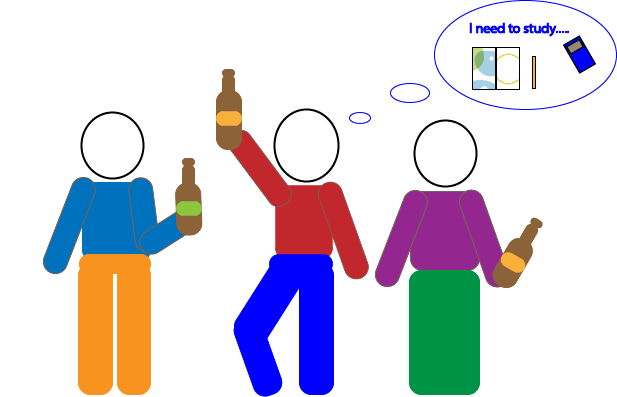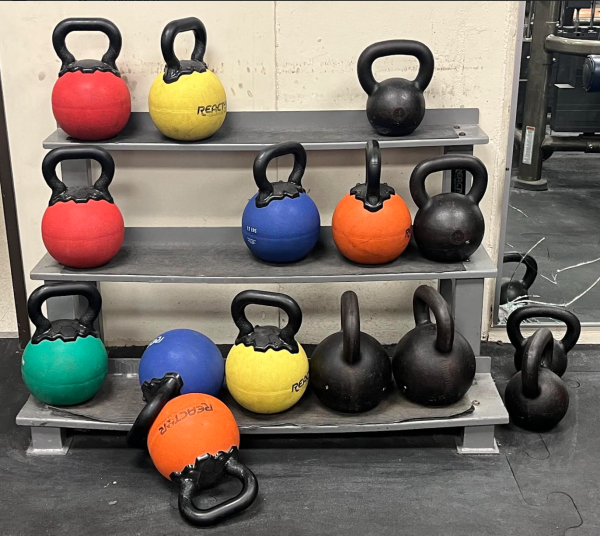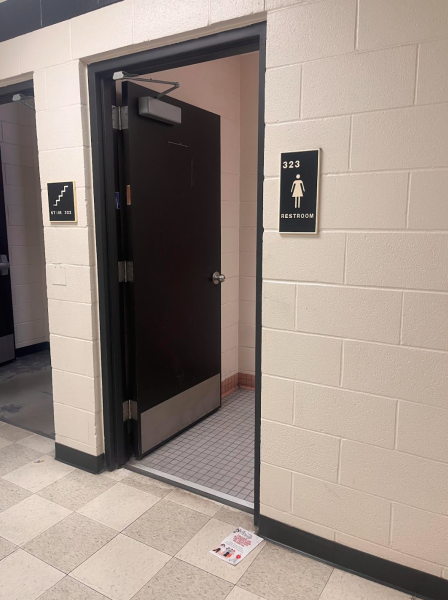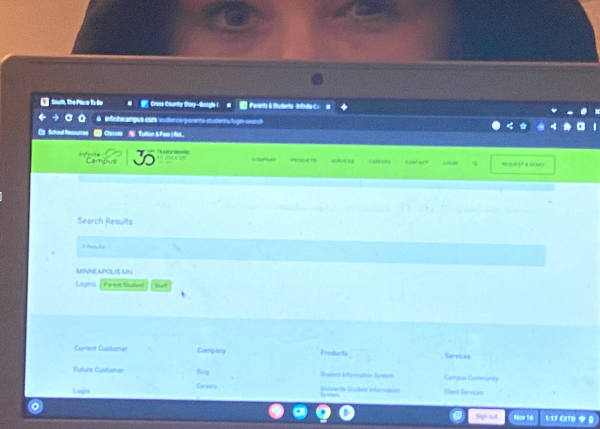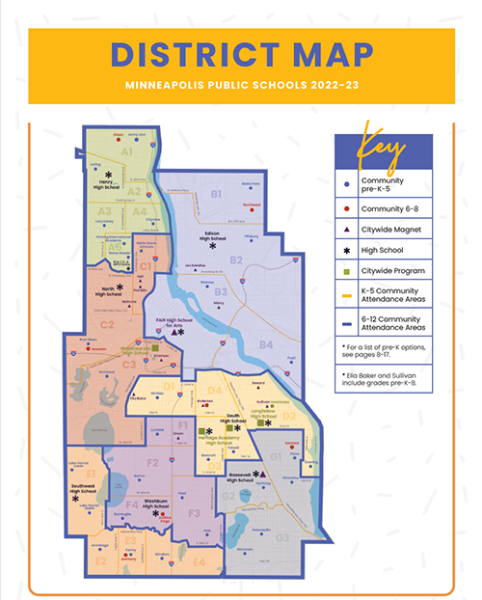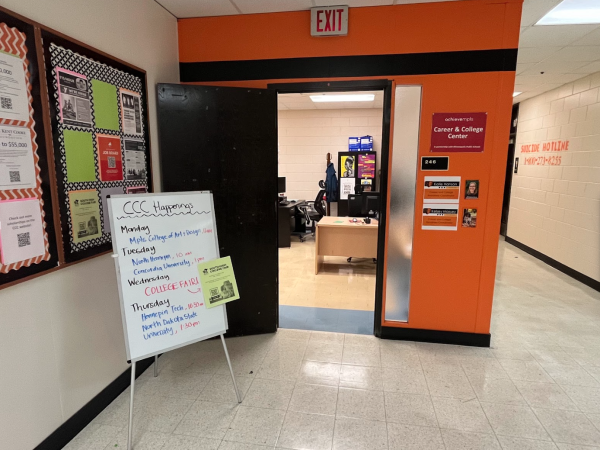The complexities of teenage drinking culture
Drinking at a young age can put a wrench in school careers. Despite the risks, many teens can understand the feeling of wanting to partake in social activities, and the pressure that may come with that. And for some, drinking and partying is a way to let go of the daily stress of life. However, not everyone who drinks underage, wants to. Peer pressure plays a large role in the culture of partying and drinking among adolescents.
November 11, 2019
As you walk through the halls of South High, as with any high school, you are likely to hear chatter of upcoming parties and happenings of the previous weekend. How is the culture of social drinking affecting teens, and what should teens know before choosing to drink?
The effects of drinking can permeate all aspects of one’s life. In addition to impairing your judgement, alcohol is also a depressant and can have long term effects on mental health.
According to the Mental Health Foundation, “the reason we drink and the consequences of excessive drinking are linked with our mental health. Mental health problems not only result from drinking too much alcohol, they can also cause people to drink too much.”
The number of teens struggling with their mental health is on the rise, with this in mind, it is important to make sure teens establish healthy coping mechanisms in all aspects of their lives. According to ScienceDaily, “The rate of individuals reporting symptoms consistent with major depression in the last 12 months increased 52 percent in adolescents from 2005 to 2017,”.
Drinking, especially as a teen, can worsen symptoms of depression and other mental disorders. As of 2018, about one in five young adults ages 12 to 18 are suffering from at least one mental health condition, says Polaris, a mental health treatment center for adolescents.
One South student however, has made the conscious decision to steer clear of alcohol to protect his mental and physical health. South High junior Andrew Lock describes himself as an introvert and is not too keen on the standard of drinking at parties.
“I try to just avoid places where there might be encounters with drugs or alcohol,” said Lock. He feels that putting chemicals in your body at such a young age can be detrimental. “I believe it’s not a very good idea at this time in my life to have all these things in my body that probably shouldn’t be there… [drinking] would not be beneficial to my health and my learning.”
Alcohol is proven to be particularly unhealthy for teenagers. “Drinking is more harmful to teens than adults because their brains are still developing throughout adolescence and well into young adulthood. Drinking during this critical growth period can lead to lifelong damage in brain function,” says the Foundation for a Drug-Free World.
According to the Hazelden Betty Ford Foundation, an addiction treatment center in Minnesota, “social-norms based FCD Student Attitudes and Behavior Survey reveals that students who suffer the most severe health consequences of use are those who have also underestimated the risks of use, and overestimated how prevalent use is among their peers.” This is just one example of the heavy influence silent peer pressure has on young people.
Silent peer pressure is an indirect form of peer influence. “For example, a group of popular students may all be drinking alcohol and they may be considered cool. Others will strive to also be seen in the same light and may then participate in the modeled behavior (drinking alcohol) to try and fit in with this social group,” says Alcohol.org, an American addiction centers resource. Actions by the people around them can cause kids to start drinking young.
Furthermore, underage drinking, can increase rates of alcohol abuse as an adult. 43,000 adults were surveyed based on their alcohol intake earlier in life. “Early alcohol use, independent of other risk factors, may contribute to the risk of developing future alcohol problems,” said a 2006 survey conducted by The National Institute on Alcohol Abuse and Alcoholism.
Alcoholism can also be hereditary, according to Leslie Stunkard, a local teen addiction counselor. “If someone has a family member who is an addict or alcoholic, they might be more vulnerable to it as well,” in this way, some individuals are more predisposed to develop problems with alcohol and or drugs.
There are multiple views on the decision to drink in high school. “I feel like, it’s not necessary…but you’ll have more fun,” said a junior who wishes to remain anonymous. They said that if you choose to drink, “you should know your limits and try not to cross them, if you are able.” Establishing boundaries can be a good way of monitoring your safety while drinking.
If you do make the decision to drink, make sure it is because you want to, and not based on pressure from the people around you. “If you are planning on drinking, I would say to be in a safe place,” said Stunkard. “Be with people that you trust, and don’t be a driver.”
All things considered, it is all about practicing safe and healthy habits. Know your limits. Leslie Stunkard’s advice? “Prevention happens before it’s a problem, not after.”
Resources for teens in need:
National Suicide prevention hotline: 1-800-273-8255
Minnesota Adult and Teen Challenge
Minnesota Prevention Resource Center
Teens-SMART Recovery

